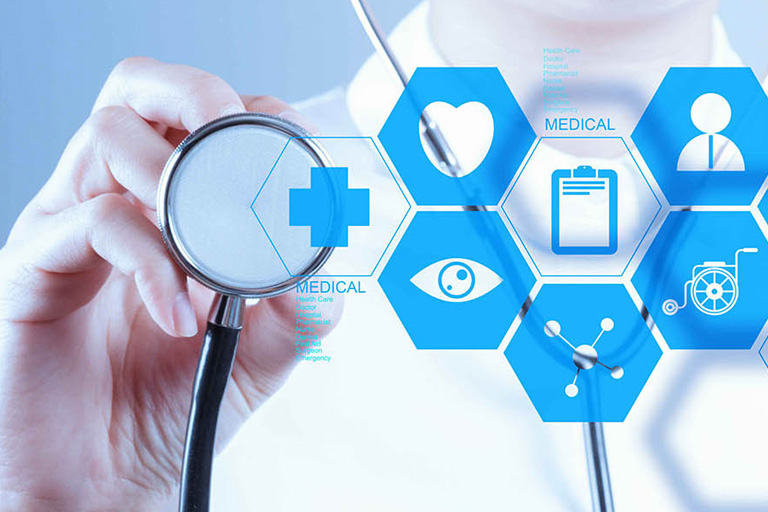Healthcare data is copious, multi-faceted and all important for the well-being of patients and doctors. That means it requires special attention, as far as data management is concerned. This very personal information can mean the difference between life and death for an individual, and should never fall into unauthorized hands. How should it be treated, and what can it do for public health?
Security
When working with healthcare data, security needs to be prioritized. The Health Insurance Portability and Accountability Act Rules, or HIPAA, requires certain measures be taken to ensure the safety of this data and the patients. With cyber attacks on healthcare data on the rise, these rules are enforced more stringently than ever. It is imperative that only those with clearance and good intentions have access to this type of data, given its personal and influential nature. One place to begin would be with security against outside infiltrators- a next generation firewall (ngfw) is a tried and true protection against such threats. It is an upgrade from run-of-the-mill firewall protection because it can identify and eliminate malware before it even enters your system. It can also work at both the network and application levels, providing security for every target of intrusion.
Unification
Especially in places like hospitals, there’s a lot of data coming in from a lot of different sources for the same patient or procedure. It’s important that this is all consolidated in a centralized platform or database so that a holistic, big picture assemblage can be accessed by providers in every department. This will allow their decisions to be properly informed; kind of like a comprehensive, interactive chart. It also allows for the tracking of health or behavioral patterns over time. Be sure that your system is able to integrate both structured and unstructured data, as there are many different ways to record health variables. Usually customized software is necessary to effectively unify this data in a way that works for your facility.
Outcomes
Healthcare data being organized and consolidated means that it is also ready to be analyzed and used for modelling, which can help improve health outcomes for patients at both an individual and population level. Analyzing trends and patterns can help to direct public health decisions for particular demographics or geographical areas, and help to allocate resources to prioritized areas of concern. It can also help to predict whether an individual patient might be more likely than others to experience certain health concerns, based on such trends and patterns. Additionally, this type of data modelling can help to reduce costs for patients, because unnecessary steps are removed from care procedures. Basically, access to data allows providers to work from more than just descriptions of symptoms a patient gives at a singular moment in time.
Prevention
Healthcare data is easier to collect than ever before, now that most monitoring tools are digital and advanced technology can be found in the average household, outside of the doctor’s office. Phone applications and wearable devices can now monitor your vitals during all hours of the day, whether you are sick or healthy. It is now the case that some partnerships are forming between providers, patients and these platforms to coordinate this healthcare data so that problems can be caught before they manifest. When it comes to public health, prevention is almost always more effective than treatment. In a round-about way healthcare data also prevents poor health outcomes by providing a clear evaluation of providers, as well. If poor practitioners can be identified quickly, it can prevent patients from receiving ineffective care.
Data management is an important tool for making sense of just about anything these days. It is especially important in the field of healthcare, as it has immediate and real-world impact for the public. Knowing how to handle healthcare data properly is imperative for any institution within the realm of healthcare or pharmaceuticals. Consider hiring a dedicated team towards this end.


















